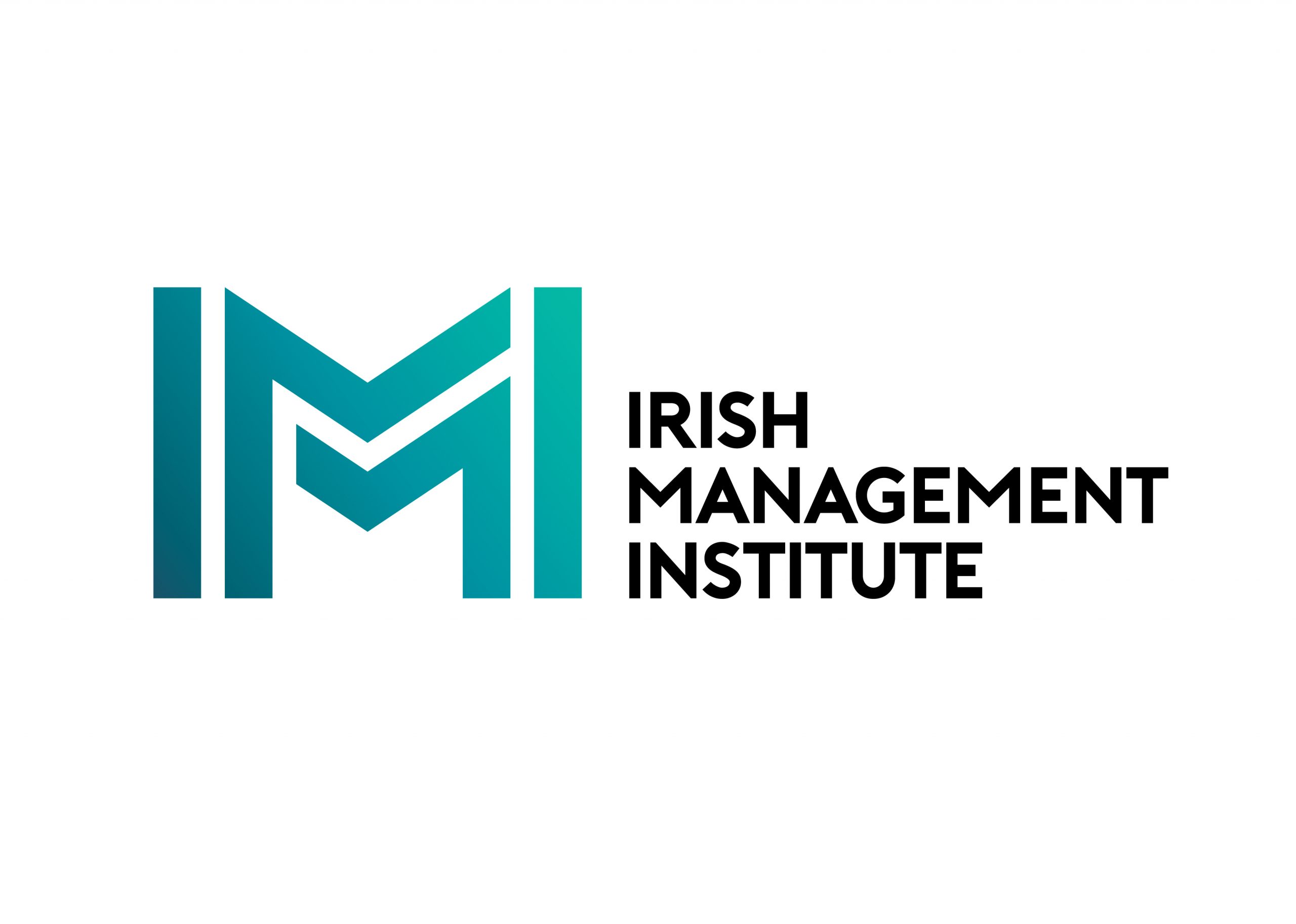Related Articles
Client Story: Leading with Strategic Intent
The Overall Context
Fred O’Brien is Managing Director of Siemens Healthineers, a multinational tasked with producing Immunoassay and Haematology medical devices. They have been manufacturing these complex instruments for more than 50 years, since the company’s establishment in Swords, Co. Dublin in 1966.
As you can appreciate, the organisation has gone through multiple changes throughout its history, reflective of technology advancements and competitive challenges in the global marketplace.
People ask: “how and why are you still manufacturing large products like this in the current western European economy?”, says Fred. The answer is that the complex technology Siemens Healthineers produces in Swords requires deep technical skills and does not lend itself to mass production. Through specialisation, they have had to re-invent themselves over the years and continue to bring value to their parent company. When the business first started out, for example, most of the supply chain was internal – including glass blowing and metal fabrication. As supplier capabilities increased, the company was able to migrate its efforts to newer technologies.
We met with Fred to understand why he chose to enrol four members of the Siemens Healthineers senior leadership team – including himself – on the IMI Leading with Strategic Intent Programme (LSI).
IMI: What prompted you to participate on the IMI Leading with Strategic Intent Programme?
Fred O’Brien: We saw it could help us with our competitive positioning. About every five years we face significant competitive challenges, both from within our global organisation and from external competitors. Our senior leadership team have a very active, ongoing strategy review process and we were responding to an identified need to restructure our business when we came across the programme.
The programme also aligned well with some potential future investments we were exploring with IDA Ireland. So, we signed up four members of the team, including myself, to attend and it turned out to be a very good fit for this phase of our business evolution.
IMI: What stood out for you as the prime benefits of the programme?
We liked the caliber of those we met on the programme, and those involved with the delivery of the programme. It differed from previous programmes we had attended in that we were talking to people who came from similar roles in large organisations, so they were talking our language. They had experience – coming from the top end of their fields. There was a lot of credibility.
It wasn’t an academic programme, it was grounded in real world practice. The content was accessible and aligned a lot with the work we were doing. It also helped us sharpen our focus and visualise and articulate our strategy to the rest of the team. The mentoring support meant we could get into more company-specific topics that could be sensitive – you could tease these out behind closed doors in a safe space.
We experienced the usual challenges with time management of course. But it did force us to focus our attention, as a unit, on site strategy and then bring this back to the rest of our leadership team.
The capstone presentation also helped us to build our strategy work into an effective implementation plan. Within 9 – 12 months of completing the programme, we delivered two of our significant transformation objectives with the support of HQ and the IDA. One was the announcement of our Swords site as a Centre of Excellence for Immunoassay Research and Development. The second was the affirmation of our site’s importance in the corporation’s global manufacturing footprint.
IMI: What impact have you seen on the business since completing the programme?
Firstly, the programme provided validation of our operation’s strategic direction. It was very important to know and understand that “yes, we are on track”.
It also brought into focus the importance of our team as a key competitive advantage. We now leverage this highly capable group to create a lasting impact on our global collaborators.
Stakeholder management was something we have known to be important, given our geographic remoteness from HQ. Our stakeholder process is well developed and mature. However, we learned that it lacked focus and specificity. More important, we learned how a targeted and informed plan could be much more effective in influencing the response we needed. Once we got past Covid, our work with those stakeholders was much sharper. Ultimately, this was a key factor in delivering our current strategic objectives for the site.
IMI: What are the next steps for your team members?
Our leadership team comprises eight members. The other four have now attended the IMI Future Subsidiary Leaders Programme. We are blending their experience with that of the first group, and we will use the common language and skills to further hone and evolve our site strategy as we prepare for the next set of opportunities and threats.
—
Find out how the IMI Leading with Strategic Intent programme can transform the capabilities of your senior leaders.




